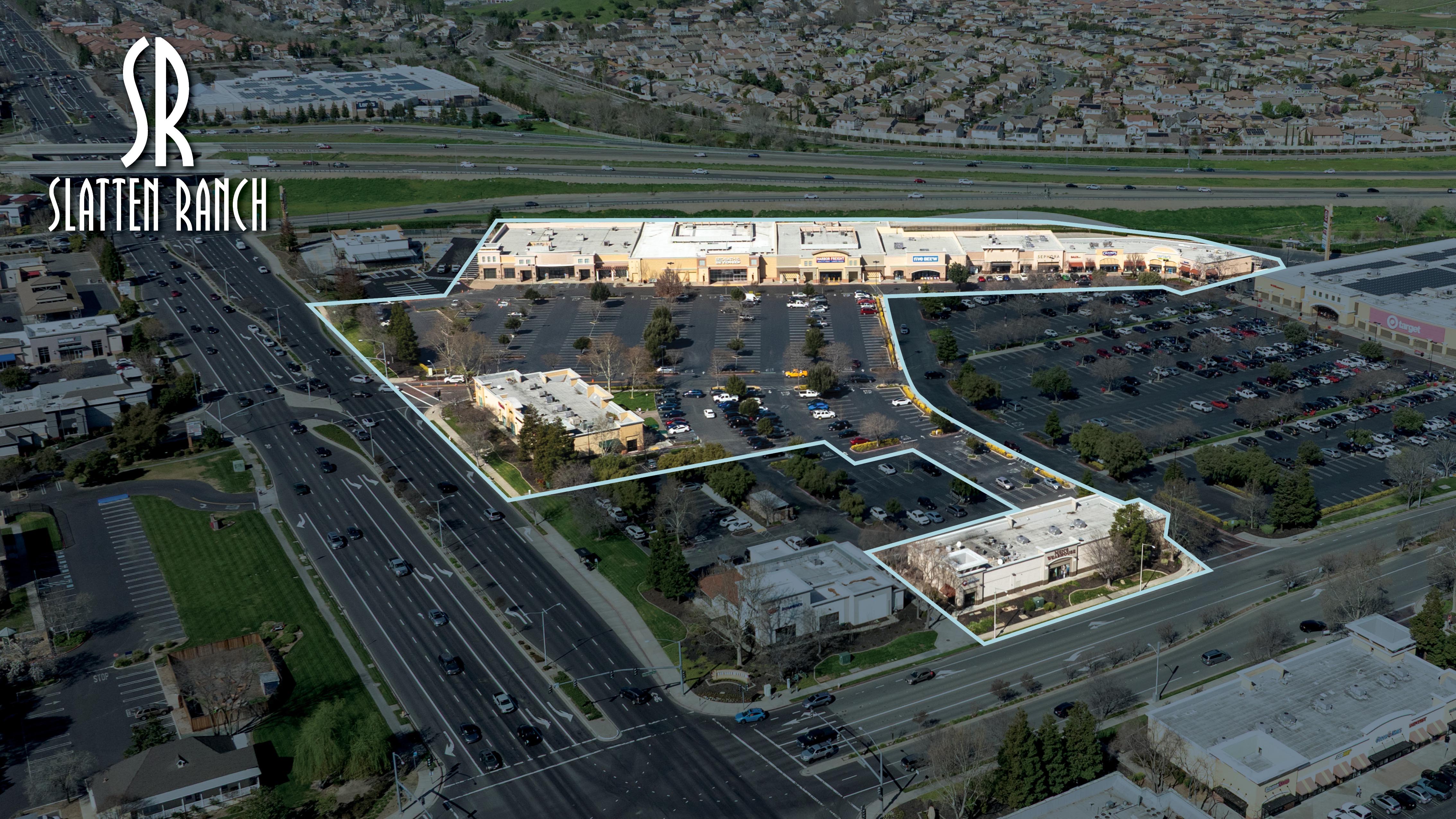Landlords and retail tenants negotiate longer leases for rent reduction
The impact of the coronavirus is pushing landlords and retailers to renegotiate leases
The coronavirus pandemic has hit retailers hard, with many asking landlords for rent reductions and negotiating lower rents in exchange for longer lease terms that benefit both parties in an economic downturn.
These companies are a major factor in a recent uptick in retail lease renegotiations. In the four months to Oct. 30, JLL completed 463 lease restructures on behalf of retail and restaurant clients in the U.S., resulting in US$110 million in long-term occupancy cost reductions, more than double what was completed in the same period last year.
Cheaper rents allow the retailers to increase their profit margins, while the longer lease terms are attractive to landlords because banks favor them, which matters when it comes time to refinance or sell a property.
"These 'blend and extend' transactions absolutely benefit both sides of the equation," says Walter Wahlfeldt, Executive Vice President, Retail Corporate Services, JLL. "Restructuring lease terms provides an opportunity for landlords and retail tenants to work together as partners where there are benefits for both, versus an ‘I win, you lose’ type of approach."
Open for negotiation
It’s not just the hardest-hit retailers asking landlords for rent reductions.
Since the pandemic began, O’Connor Capital Partners, a private equity firm that owns multiple shopping centers across the U.S. and Mexico, has seen an increased need for restructured leases - and not just from the retailers filing for bankruptcy, says Joel Bayer, the company’s President and Chief Operating Officer.
“Many retailers need short-term assistance because they have a serious cash flow shortage right now,” Bayer says. “Operations have been disrupted. If we can supply rent reduction or deferral in exchange for a lease extension, that also benefits us as the landlord if there’s a need to refinance or sell the property down the road.”
Landlords can benefit in today’s marketplace by working in concert with their tenants to reduce rental obligation expenses in exchange for meaningful lease term, says Alex Sharrin, Managing Director, JLL Capital Markets.
“For landlords - it can prove accretive in the investment sales cycle because buyers & lenders alike value term coupled with a commitment to location narrative,” he says.
Beyond lease length
Property owners are considering other ways of negotiating for mutual benefit when a tenant is cash-strapped but otherwise financially healthy, says Bayer of O’Connor Capital Partners.
Tying rent payments to a percentage of sales is one option. Other areas becoming increasingly common within negotiations, Bayer says, include revisions to a retailer or restaurant’s exclusivity terms, which provide landlords with flexibility to pursue new tenants that might have previously not been possible.
Bayer is also seeing companies agree to waive their co-tenancy clauses - agreements between the tenant and landlord to switch to an alternate rent if a certain percentage of stores in a shopping complex aren’t open - in exchange for a short-term rent deferral.
“We want the retailer to be healthy and perform better because ultimately we’ll both benefit,” he says. "If we see someone whose sales are down, we want to work with them."
Looking for more insights? Never miss an update.
The latest news, insights and opportunities from global commercial real estate markets straight to your inbox.
Redeploying capital
With so many brands reinventing themselves as they look to find their place in the post-pandemic economy, some deals are being structured in creative ways to free up the cash retailers need to invest in the future.
Solid partnerships with landlords can go a long way toward helping retailers successfully adapt to long-term retail shifts, Bayer says.
"As part of the lease extensions, we are seeing deferral of rent combined with agreements between landlords and tenants to upgrade store formats," he says.
In some cases, landlords will fund the creation of more drive-through lanes at fast-casual restaurants or facilitate a retailer’s online efforts by creating dedicated curbside pick-up areas.
Investment Opportunities
"These improvements in exchange for a reduction in rent are a smart way for retailers to invest in themselves," Wahlfeldt says. "Physical space remains an integral part of the omnichannel ecosystem, and retailers that adapt to the impacts of COVID-19 are best positioned to navigate a path that’s still evolving."
聯繫 Walter Wahlfeldt
Executive Vice President, Retail Corporate Services, JLLWhat’s your investment ambition?
Uncover opportunities and capital sources all over the world and discover how we can help you achieve your investment goals.




